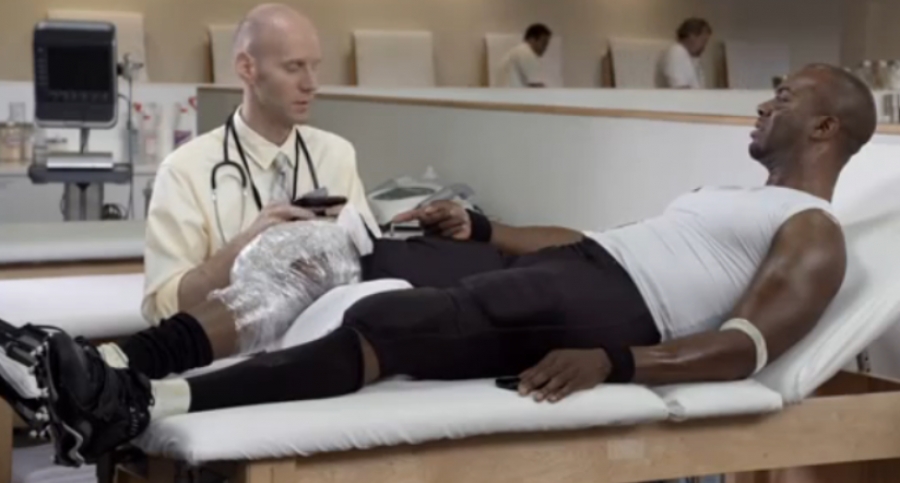Once again, the sports world is abuzz over the treatment of an injured player who, at least so far, has been kept on the bench despite being cleared to play. The player in this case is Alex Smith, quarterback of the San Francisco 49’ers. Since being cleared to return to play following a concussion injury, Smith has been kept on the bench by 49’ers coach, Jim Harbaugh, in favor of Colin Kaepernick, a rising star who has performed well in game situations. Nevertheless, tensions are rising.
Over the years, the default position of most coaches has been that injured players ought not lose their position due to injury. When medically cleared to return to play, they are returned to the lineup, and then it is up to their level of play to keep them on the field. If a better player emerges, all bets are off.
Good managers, like good coaches take this view also, because they know that one of the chief reasons their team-members suffer corporate “injuries” (i.e., failed projects, missed deadlines, etc.) is because they have extended themselves a bit too far for the team. They get going a little too fast, take on a bit too much (or both), and hit the proverbial wall.
Good leaders realize that the absolute last thing they want to do is to suggest that those who go all out for the team are taking that risk all on their own. They also know that it’s not just a personal decision, because as with the Alex Smith case, everybody else is watching. If people see a teammate treated in an inconsiderate manner after giving it up for the team or the coach, they will think long and hard before putting themselves in that position. They throttle back because they are afraid of what might happen to them.
Not unlike the job of a parent whose kid falls off their bike, our job as leaders is to help our teammates get up, keep them from getting run over, dust them off, and get them back in the game. Hut, hut.
book richard or bill to speak for your meeting

